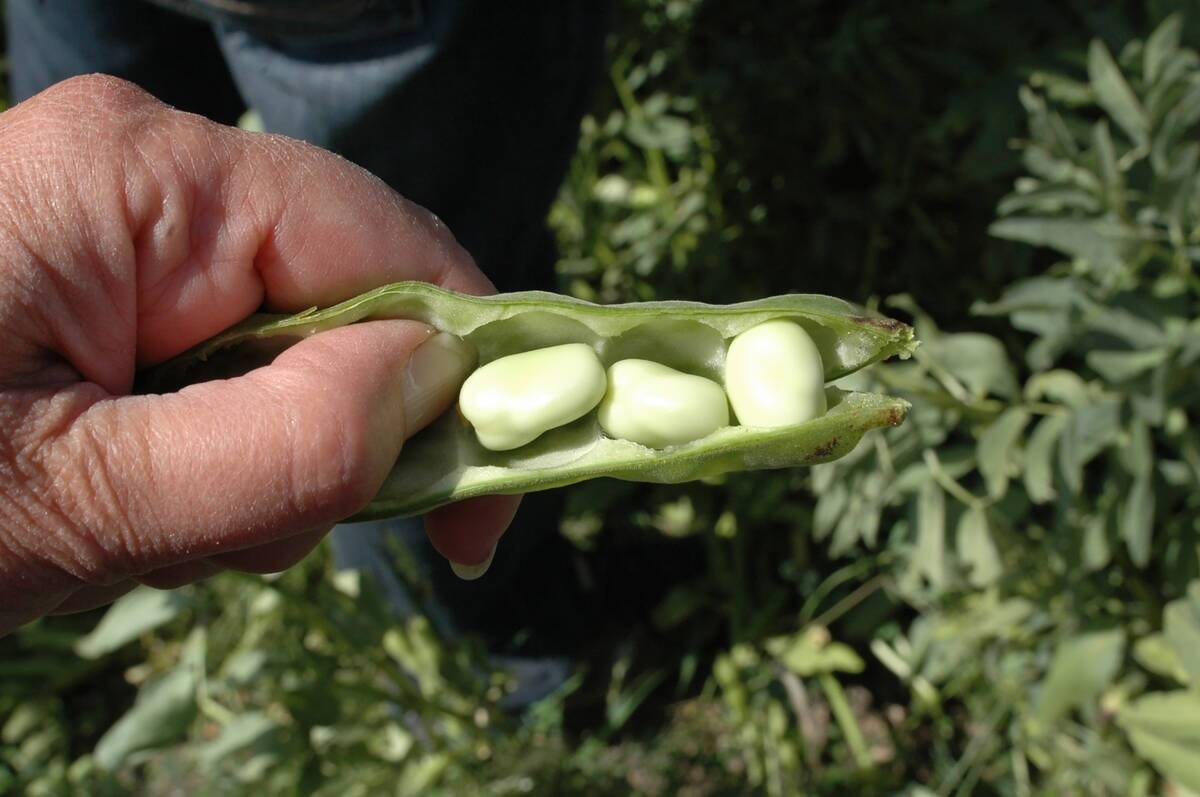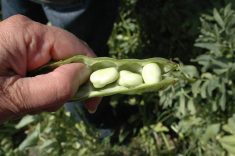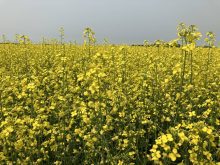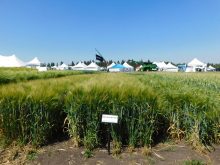Two wheat varieties aresistant to the deadly Ug99 strain of stem rust are set for release in Kenya, says a report from UN Office for the Coordination of Humanitarian Affairs (IRIN).
The two varieties, dubbed Eagle10 and Robin, were developed by the Kenya Agricultural Research Institute (KARI).
Ug99 is named after its discovery in Uganda in 1999 and it is currently spreading across Africa, Asia and most recently into Middle East. The strain is seen as a major threat to world food security, as few if any of the current wheat varieties are immune to the strain, which reportedly cuts yields by 50 to 70 per cent.
Read Also

New crop insurer policy enables easier startup for faba beans
Agriculture Financial Services Corporation updated its normals for faba beans, which may open the door for more Canadian producers to feel comfortable growing the pulse crop in the future.
Kenyan farmers have been abandoning wheat due to losses caused by Ug99. The IRIN report says production costs went up by 40 per cent between 2001 and 2011 with farmers this year having to spray wheat three times a season at a cost of Sh9,000 (US$90) per acre.
That disease (Ug99) was a disaster to wheat farming; it turned out that I would not make any profit having spent too much on fungicides, former wheat farmer Peter Thiongo said in the report.
I planted corn on my five-acre farm, where I had for many years been growing wheat, but I am optimistic that the new varieties will save me money which I spent on fungicides, and I am ready to plant when seeds are available, he said.
Since 2005, KARI has screened over 200,000 wheat germplasms, of which only 10 per cent were found to have some resistance to Ug99. Of the 10 per cent, only a handful could adapt to the Kenyan environment, said KARI plant breeder Peter Njau. He said both new varieties have very good baking and bread-making qualities.
KARI is working with the Kenya Seeds Company to multiply the varieties. We are expecting to have produced more than 10 tons of the new seed variety by the end of this year, said KARI director Ephram Mukisira.














